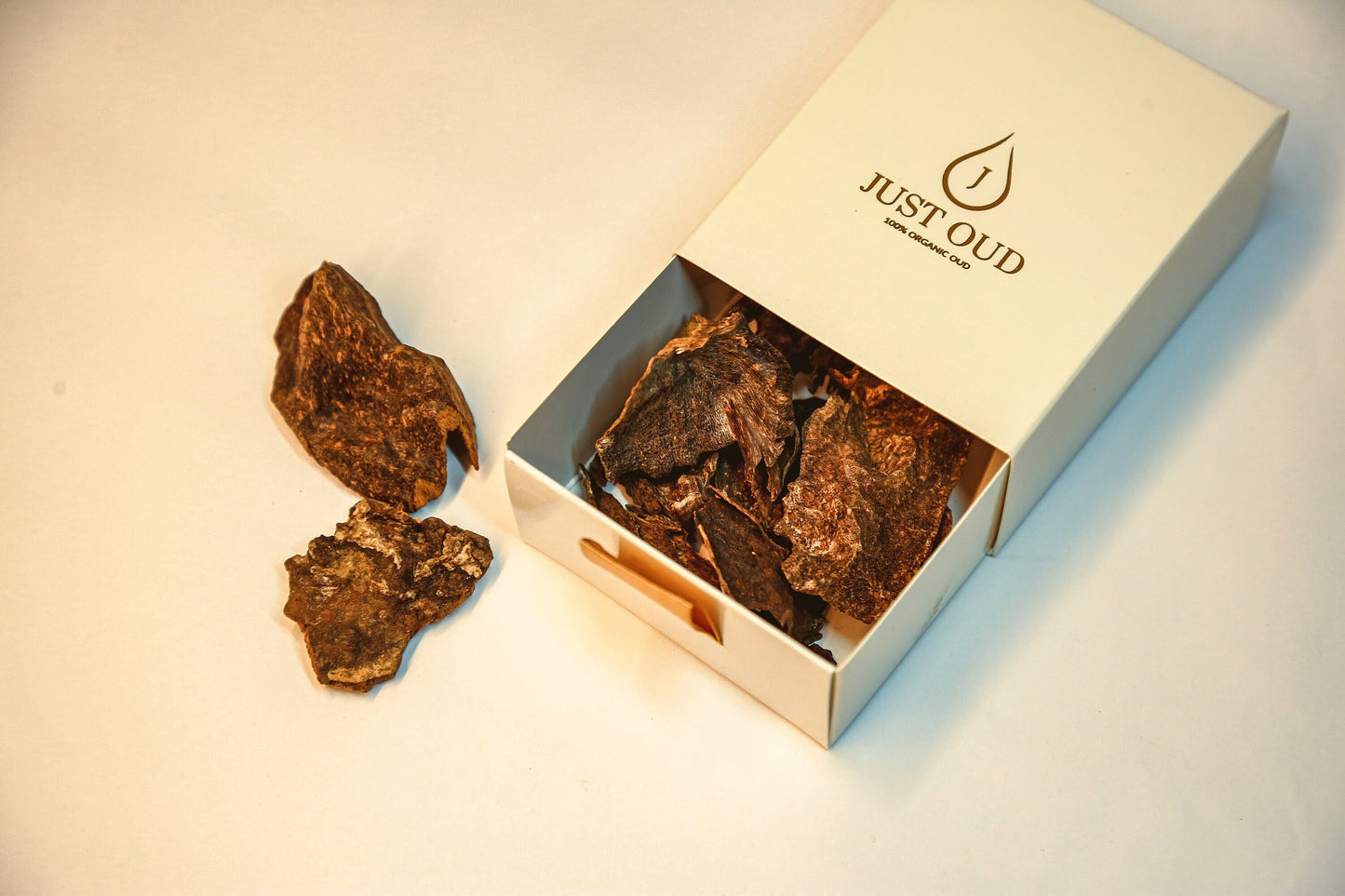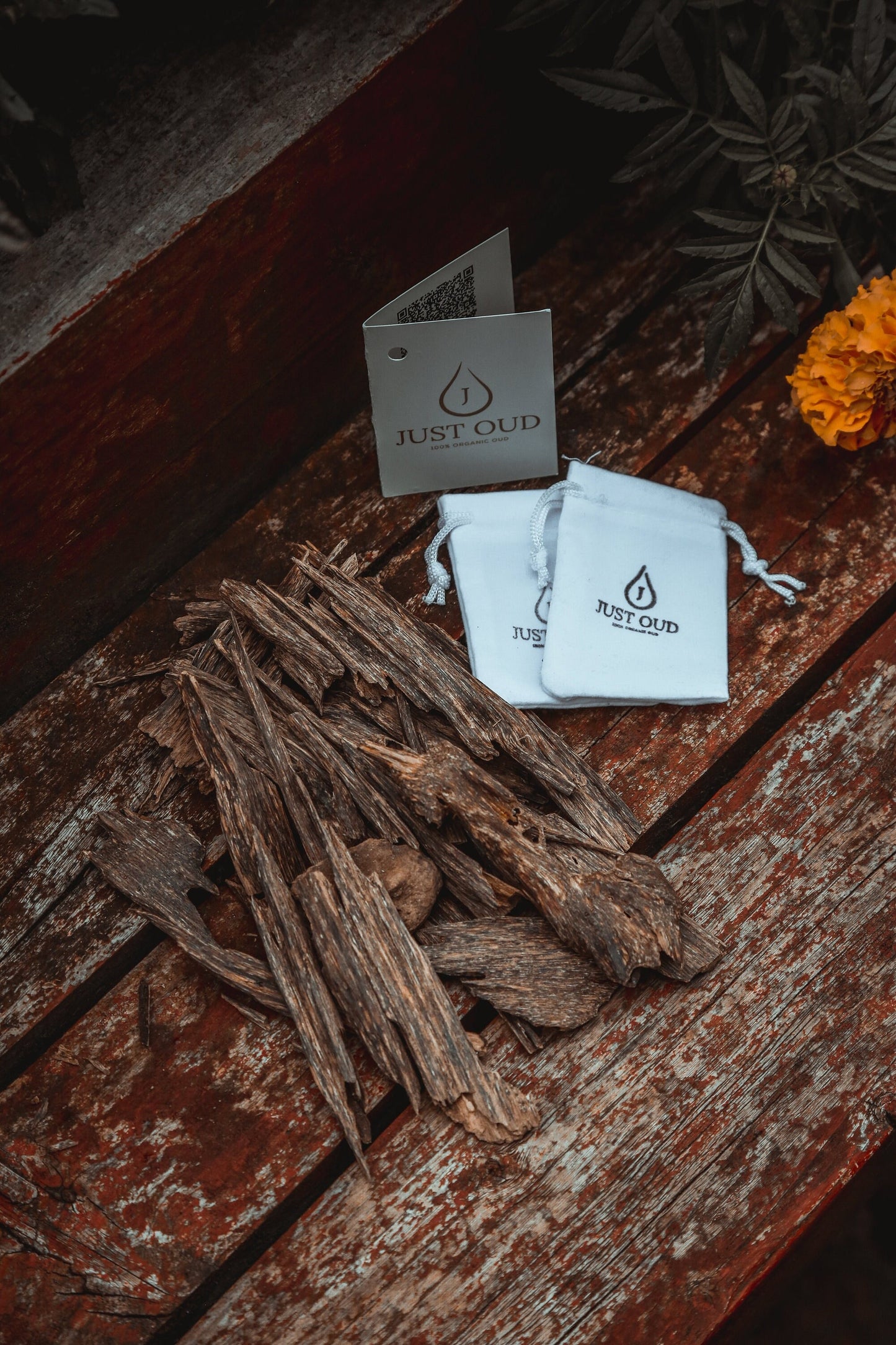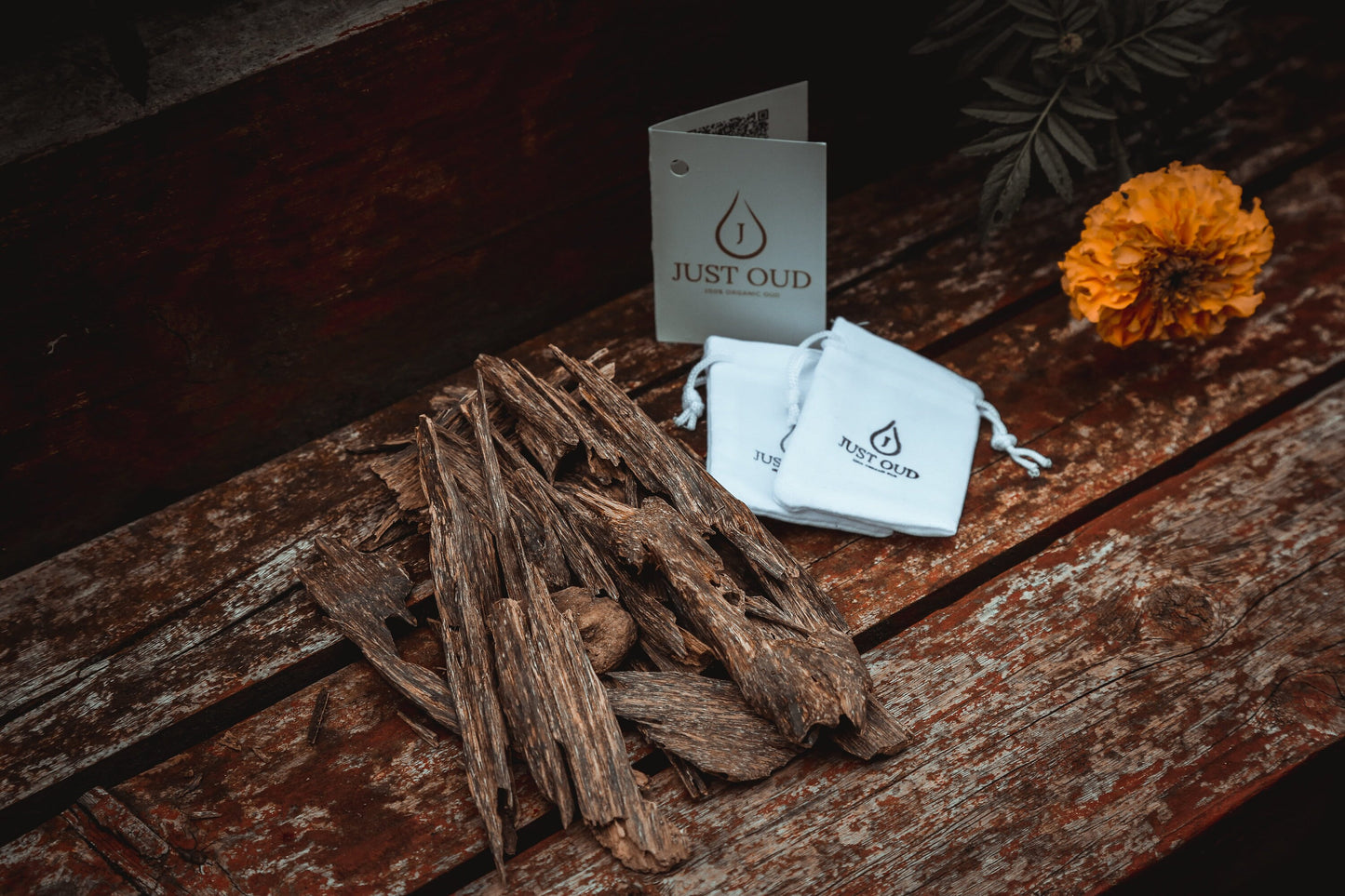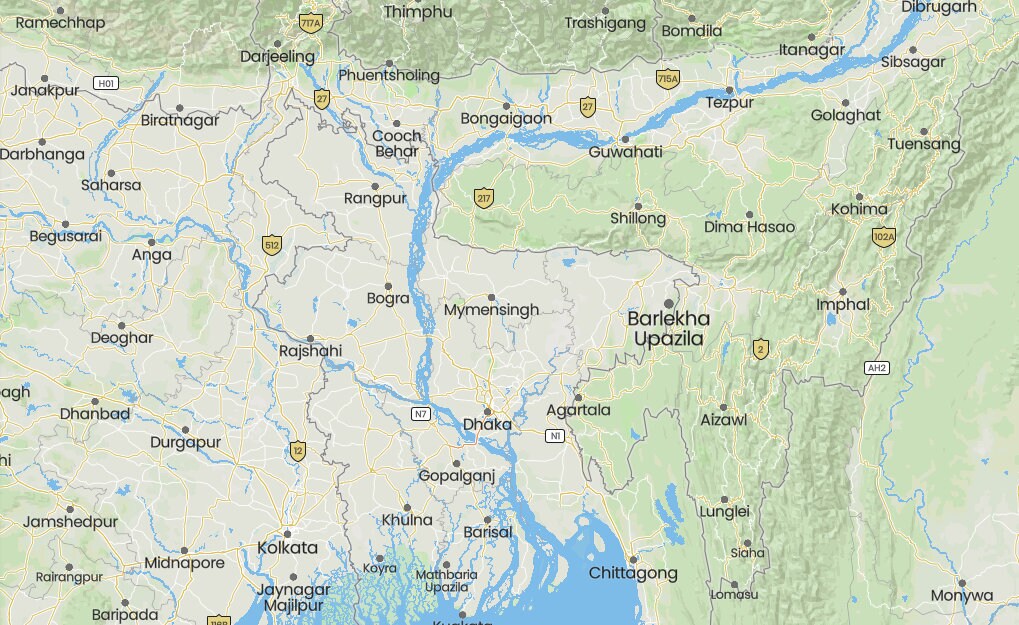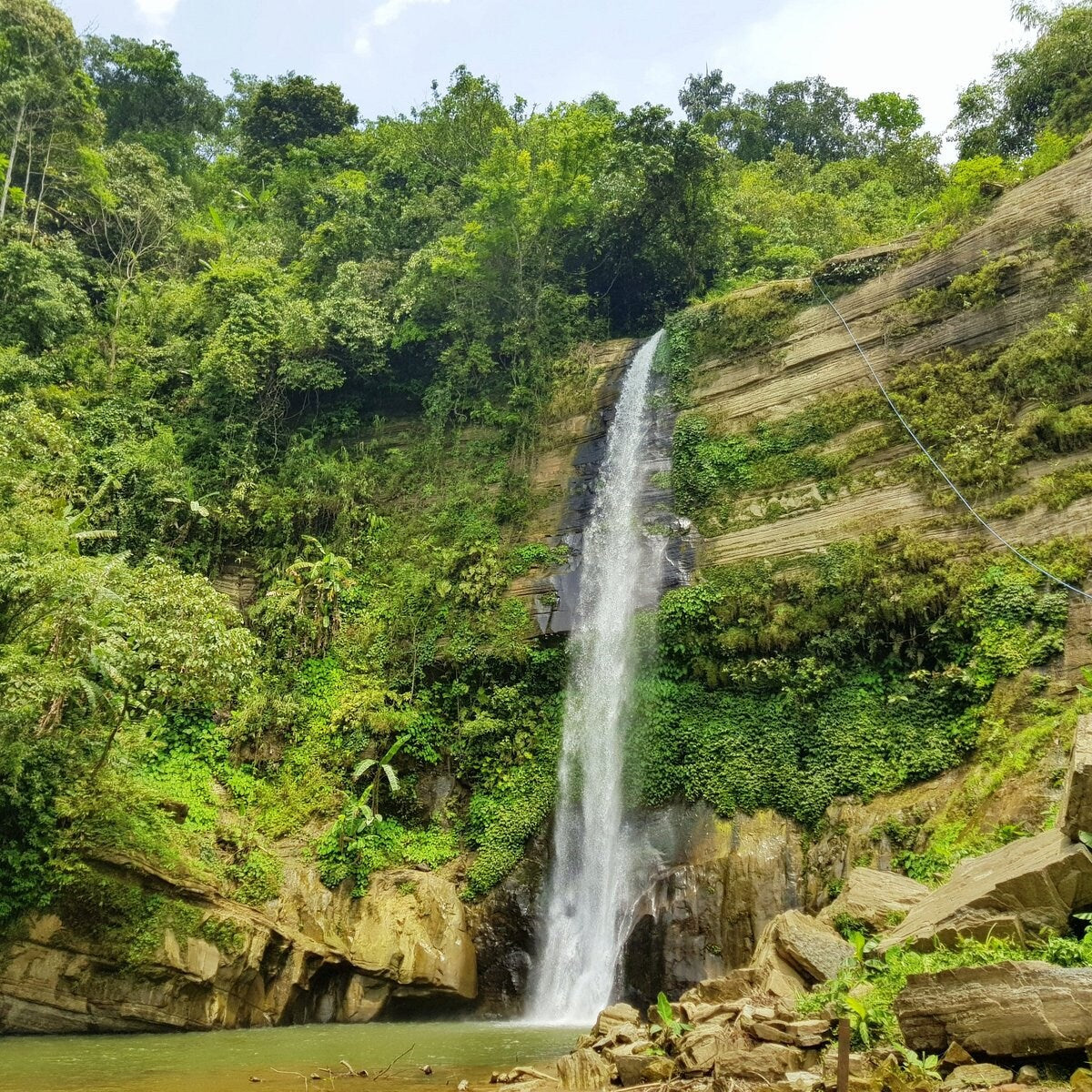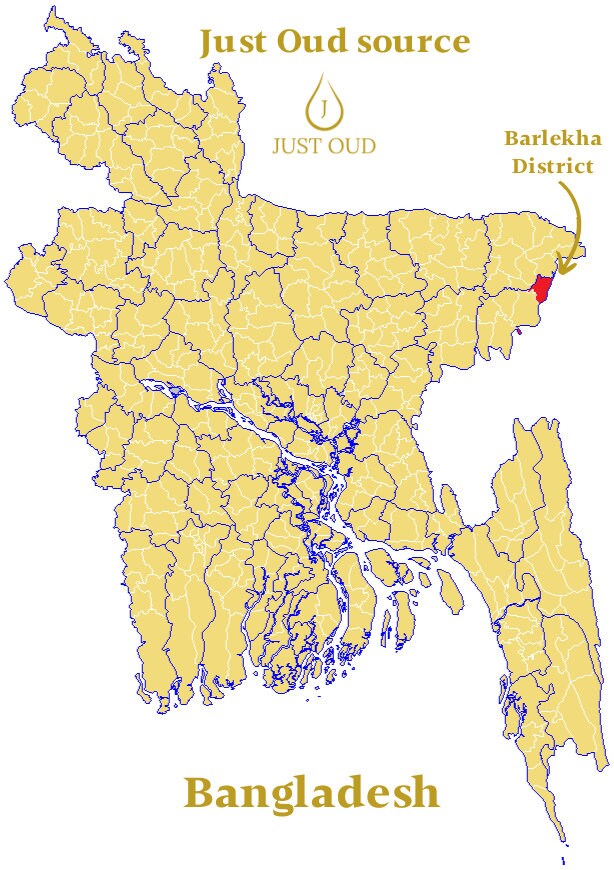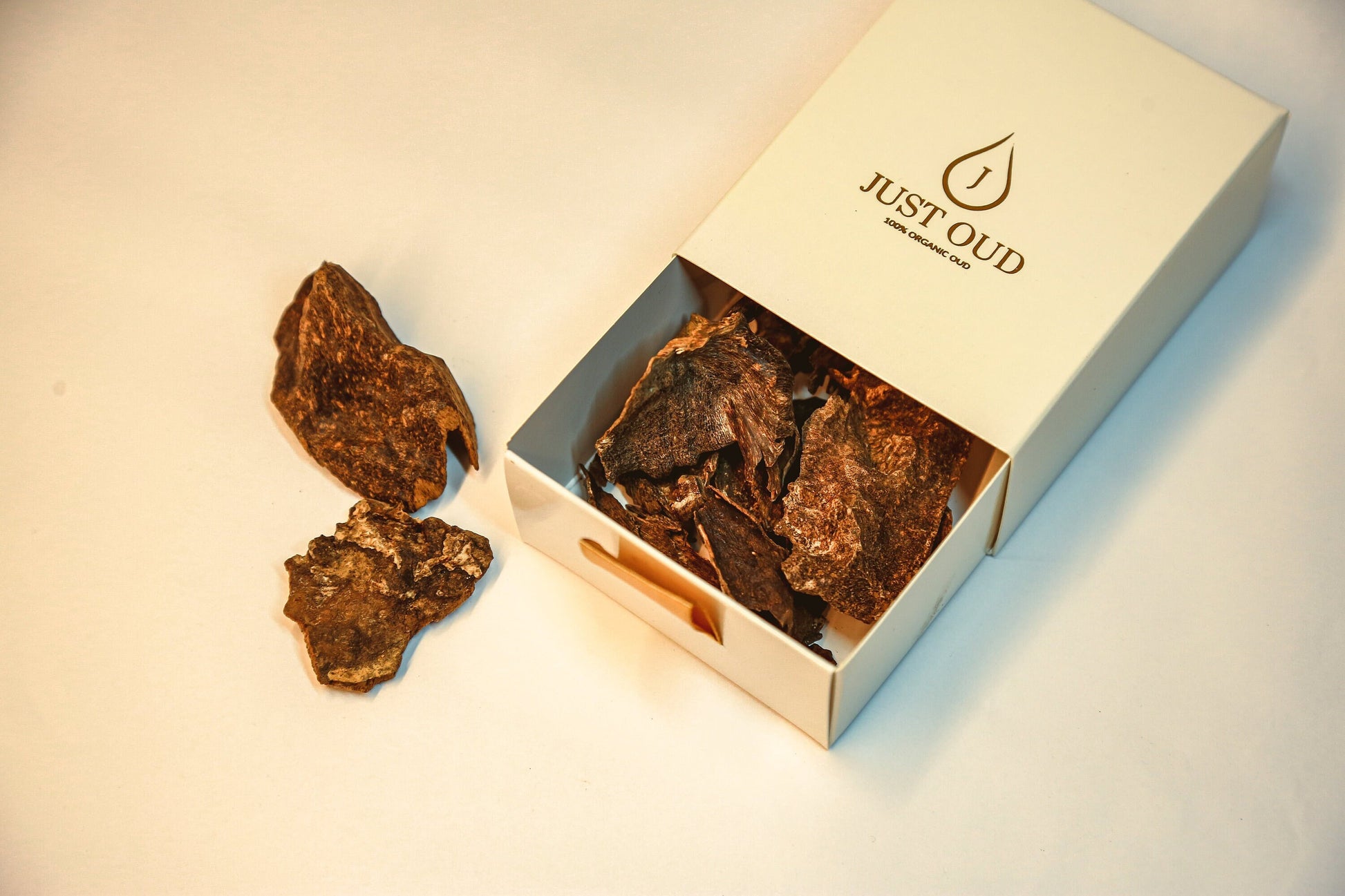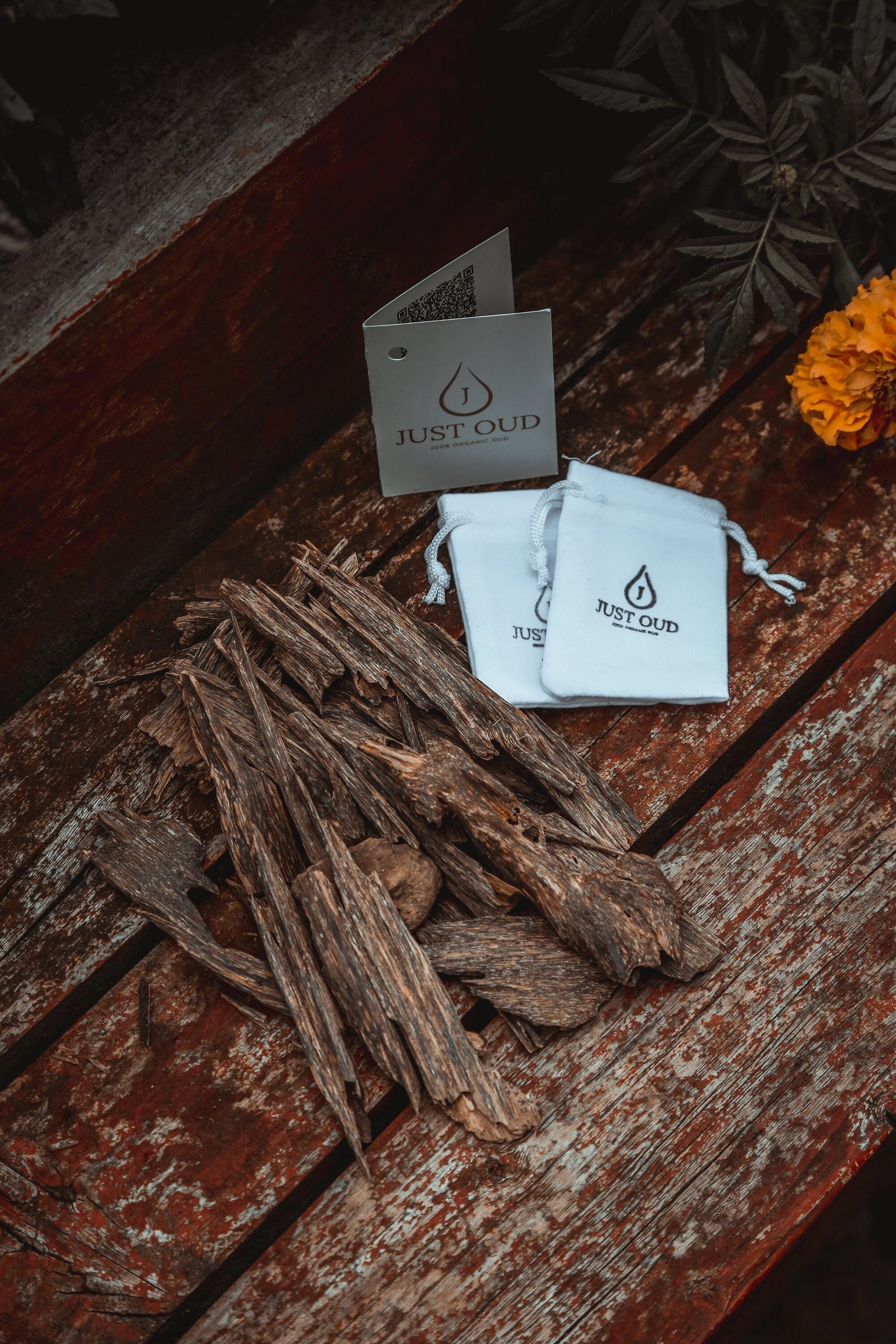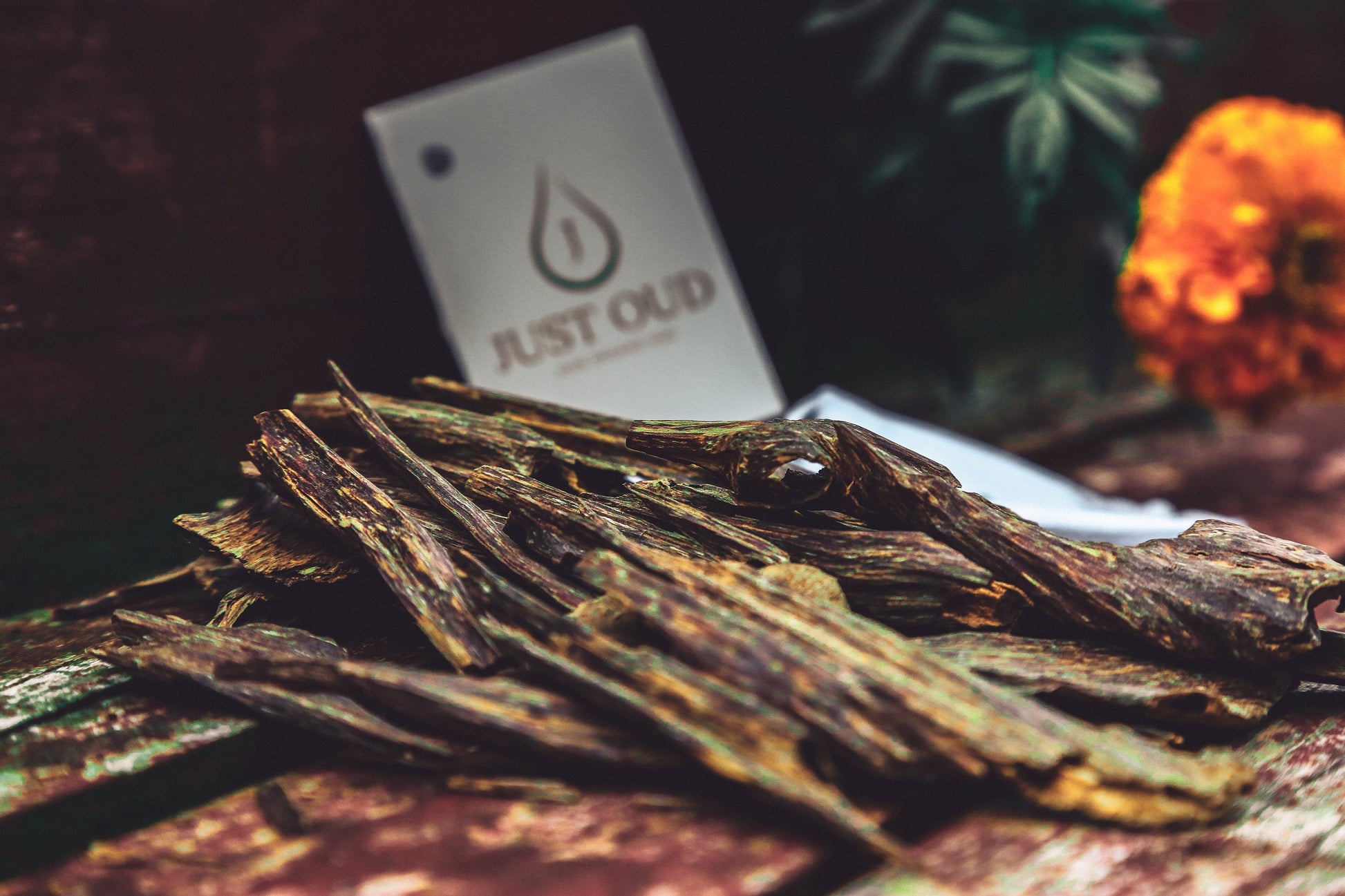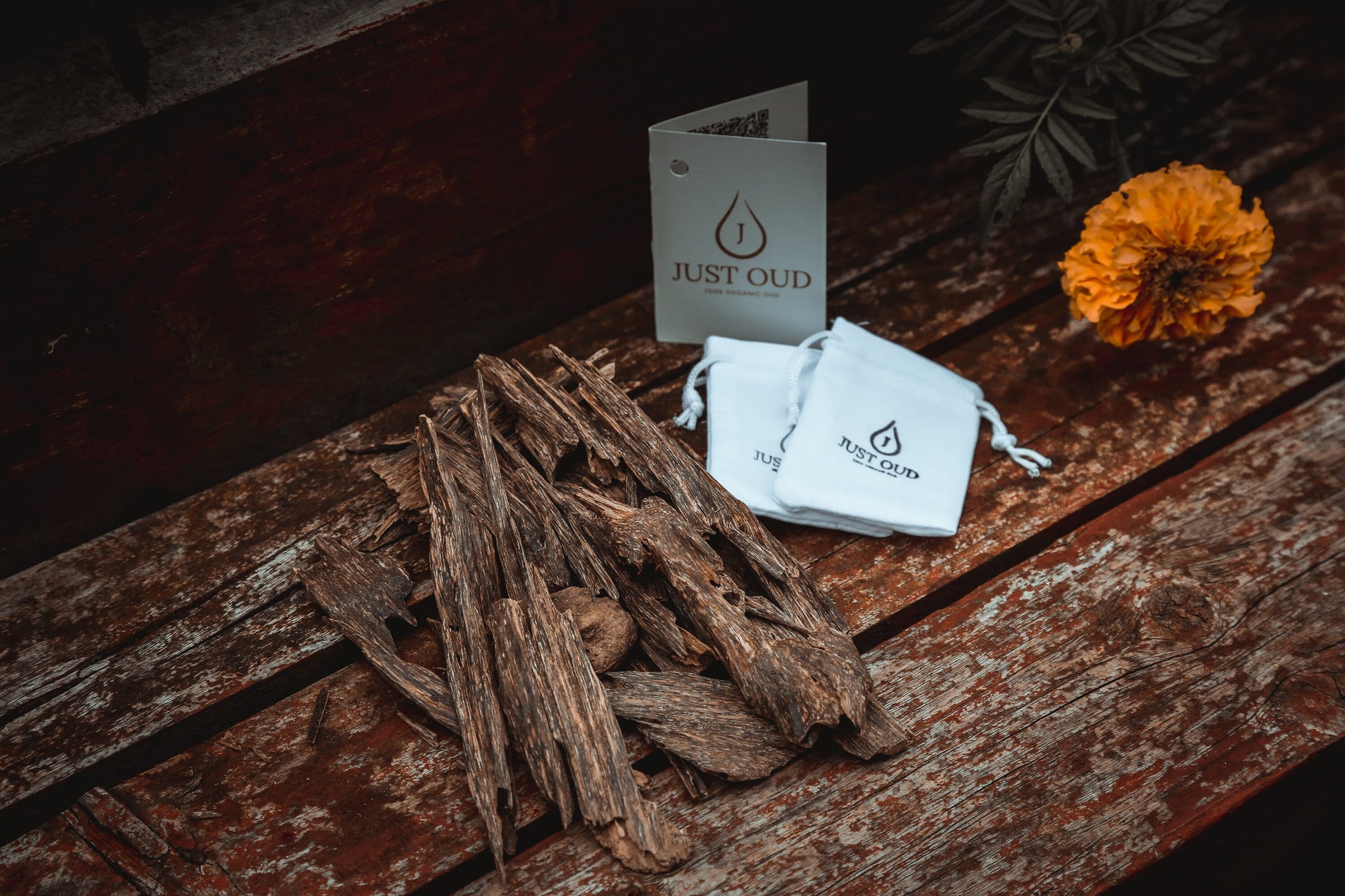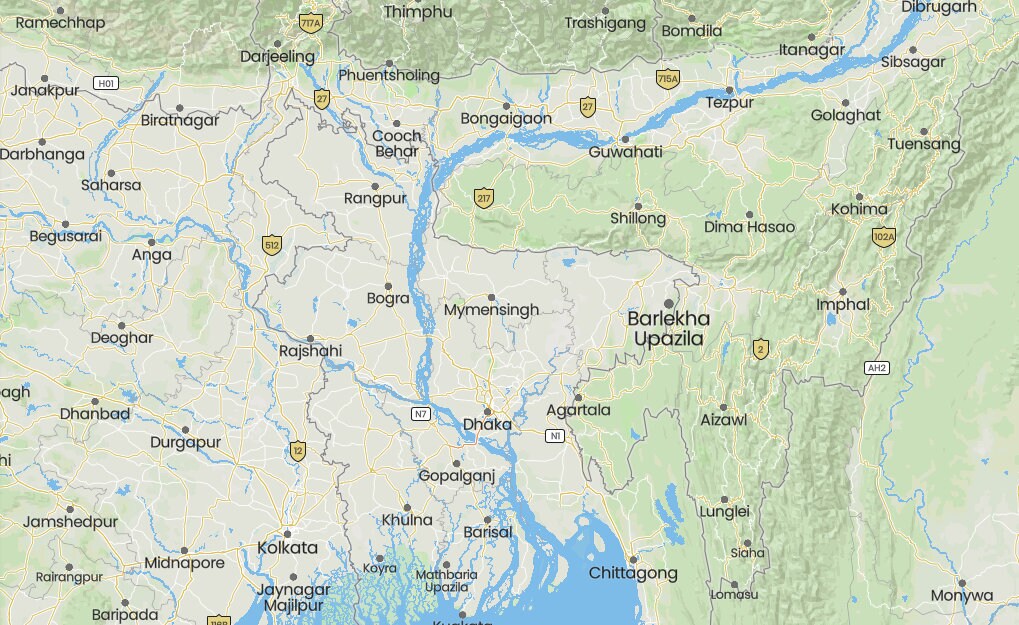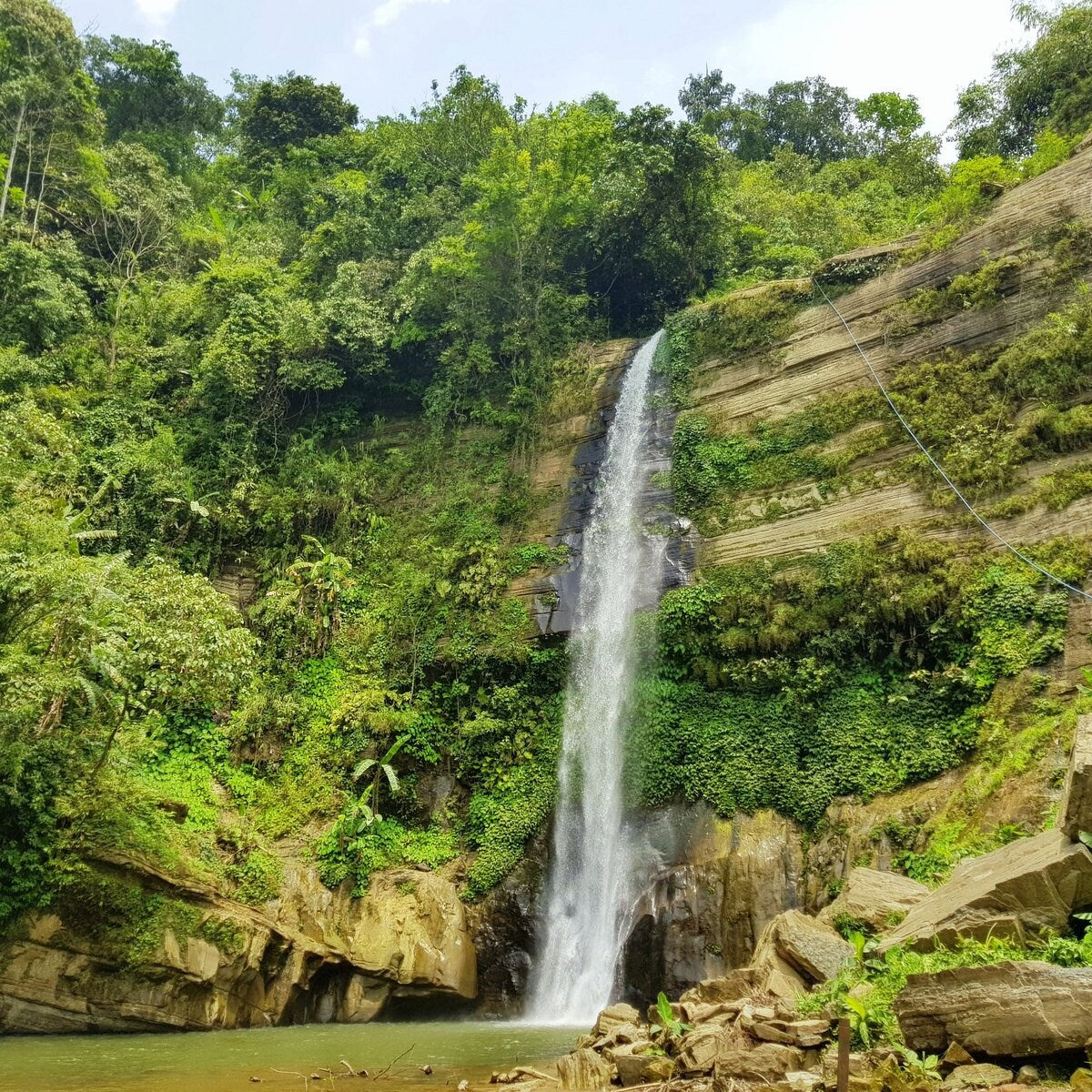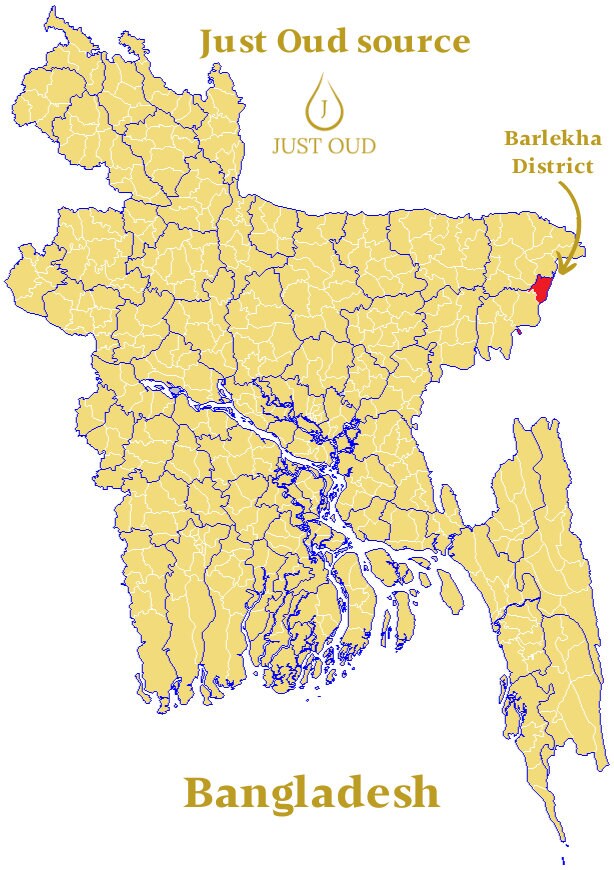Just Oud
30-Year Hindi Oud Agarwood Chips | Bangladeshi/Hindi Oud Chips
Couldn't load pickup availability
SALE - 15% ALL ORDERS OVER £50
We present to you lovely organic oud chips. Our oud chips are cultivated, sourced, cut and shipped directly from handpicked Agarwood trees in the Shujanogor, Tana Barlekha districts deep in Bangladesh's forests. With an unparalleled purity level, you can rest assured this is the highest quality Oud you will have ever experienced, comparable to the Assam regions.
Sourcing: We are an organic family-run Oud company spanning multiple generations. All of our oud stems from our own familial Agarwood trees in the Shujanogor, Barlekha Upazila district deep in Bangladesh's forests, South-East of Sylhet (দক্ষিণভাগ). With an unparalleled purity level, you can rest assured this is the highest quality most pure and most organic Hindi oud on the market, comparable to the Assam regions.
Detailed information:
Age: ~30 Year
Jungle: Shujanogor, Barlekha Upazila, Moulvibazar district in Sylhet division, 24°42.5′N 92°12′E
The Region:
In Bangladesh, the production of agarwood started about 400 years ago in the Suzanagar union under Barlekha Upazila of Moulvibazar District, in Sylhet (the most North-East Division of Bangladesh). Initially, agarwood was produced solely from forest-based agarwood, but due to the limited access to forest-based agarwood, people started to cultivate agarwood in household lands, which was however of lower quality than the much older forest-based agarwood. As a result, finding the best quality agarwood became a time consuming process. Despite the long history, the agarwood sector of Bangladesh does not flourish. This is due to a few policies and constraints.
History:
At the Delhi Durbar on 12 December 1911, King George V announced the reunification of a Bengal Province and the creation of an Assam Province. During this time, the Sylhet region was split into four mahakumas (or subdivisions); Sylhet (including Moulvibazar), Habiganj, Sunamganj and Karimganj. In 1882, the Sylhet Mahakuma was split into two; Sylhet and South Sylhet. On 18 May 1940, one of the five thanas of the Karimganj Mahakuma, Jolodhup, was planned to also be split into two - Beanibazar and Barlekha. Beanibazar went to Sylhet Mahakuma while Barlekha went to South Sylhet Mahakuma. On 1 July 1983, Barlekha Thana was upgraded into an Upazila.
There are 18 tea gardens in Barlekha, most of which were established by the English tea planters during the time of British Raj. Each garden has its own tea-processing factory. Tea laborers who work in the gardens were brought in the 1800s from outside of Bengal. Sujanagar of this upazila is known for producing incense and attar (essence of flowers and Agar tree). For over a century, these have found markets in Middle Eastern and Far Eastern countries. There are about 350-400 agar attar factories in Barlekha. Agar attar is considered as liquid gold of Bangladesh. About 2000 litres of agar attar is produced in Barlekha every year. Cottage industries include weaving, bamboo and cane work, iron work, and potteries are other works of Barlekha. The world-renown Madhabkunda waterfall is one of the most well-known tourist attractions in the country..
Experience the history, forestry, waterfall and earthen muskiness in layers of timeless oud with our JustOud wild chips.
Materials
Materials
Shipping & Returns
Shipping & Returns
Dimensions
Dimensions
Care Instructions
Care Instructions
